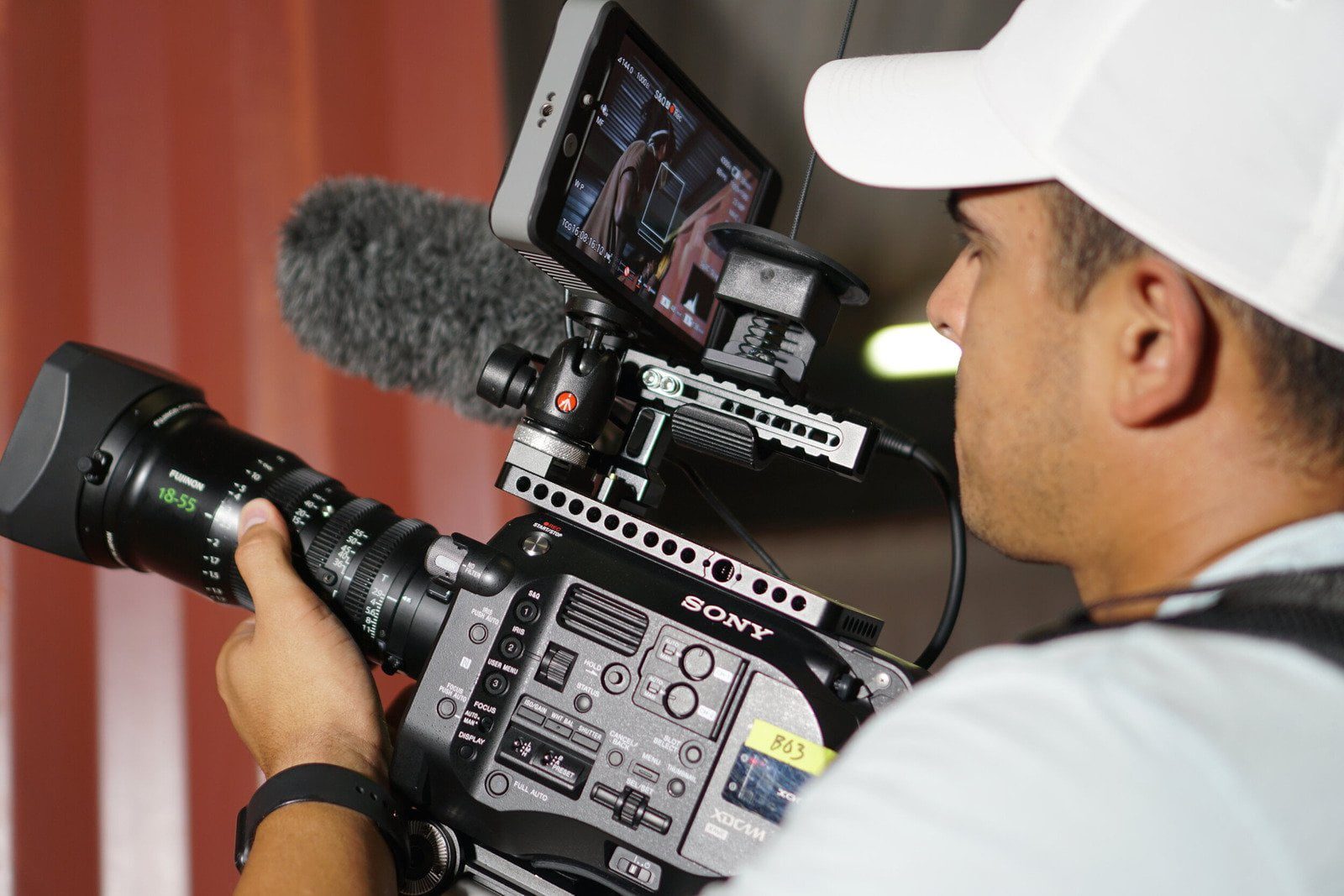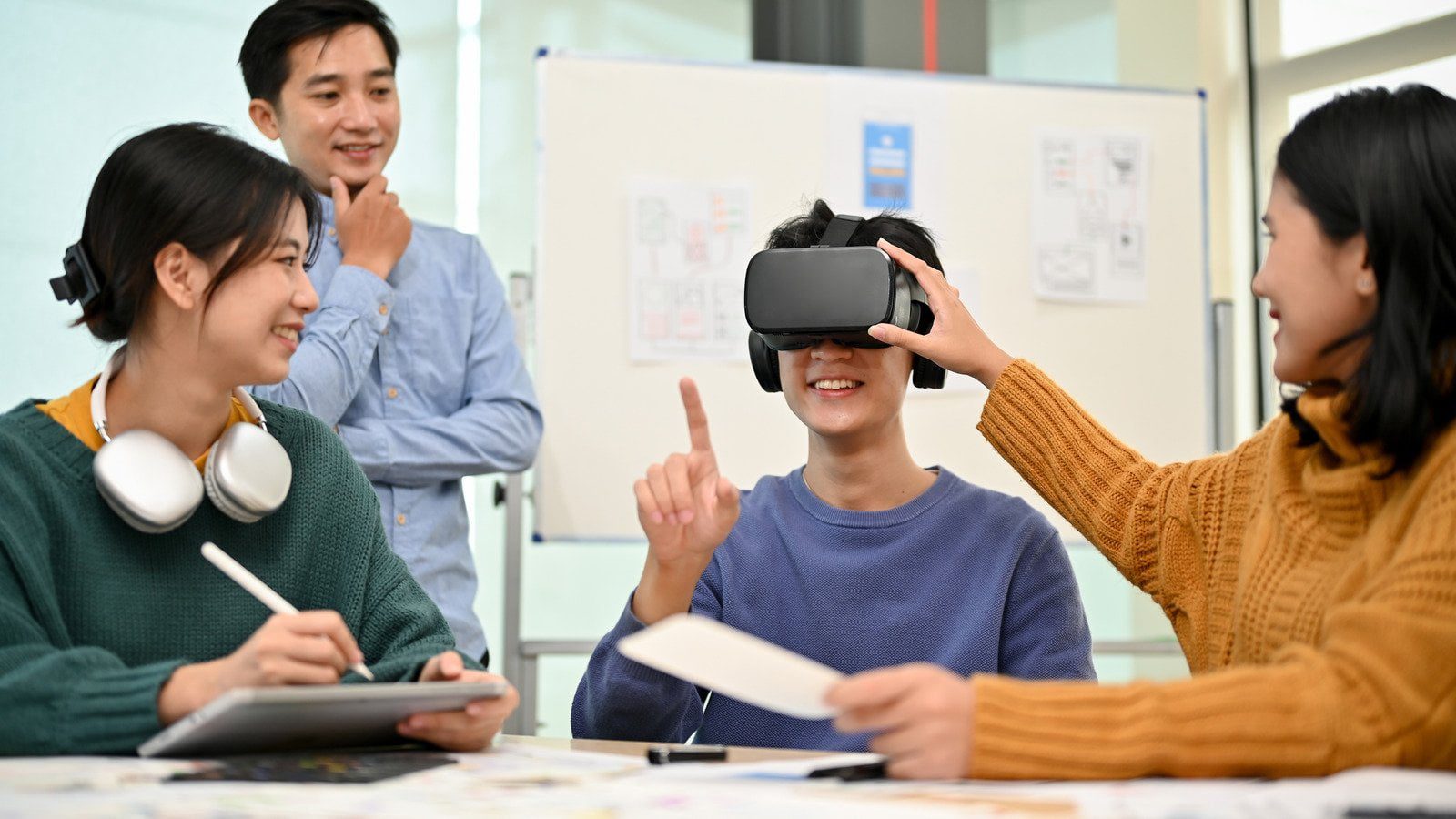Latest Posts


Shaping Tomorrow: The Top 20 Technologies Redefining Our World
Introduction to the ever-evolving world of technology Welcome to the thrilling realm where innovation knows no bounds and…
June 25, 2024


Clicks & Code: How Tech is Shaping Everyday Life
Introduction to the role of technology in modern society Welcome to the era where clicks and code reign…
June 21, 2024


Augmented Reality: A World Transformed – Layering the Digital Over the Real
Imagine a world where historical landmarks come alive before your eyes, where furniture virtually fits into your living…
June 13, 2024


Techtopia: Unveiling the Future, Today
Introduction to Techtopia Welcome to the thrilling realm of Techtopia, where innovation and imagination collide to shape a…
June 12, 2024


Become a Tech Titan: Essential Skills for the Digital Age
Introduction to the Digital Age and Tech Titans Welcome to the era of the Digital Age, where technology…
June 10, 2024


The Ethics of Tech: Navigating the Moral Compass in a Digital Age
Technology’s relentless march forward brings undeniable benefits – from seamless communication to life-saving innovations. Yet, alongside these advancements…
June 9, 2024


Virtual Reality Revolution: Stepping into a World of Limitless Possibilities
Imagine a world where you can explore the depths of the ocean, scale the heights of Mount Everest,…
June 9, 2024


Bridge the Gap: Closing the Digital Divide in Our Communities
Introduction to the Digital Divide Step into the digital realm, where the world is at our fingertips. But…
June 7, 2024


10 Must-Have Gadgets for Tech Enthusiasts
Are you a tech enthusiast always on the lookout for the latest and greatest gadgets? If so, you’re…
May 29, 2024


Beyond Ownership: The Sharing Economy’s Disruptive Dance with Consumption
The traditional concept of ownership is facing a graceful pirouette, replaced by a collaborative two-step. Fueled by technology…
May 26, 2024






